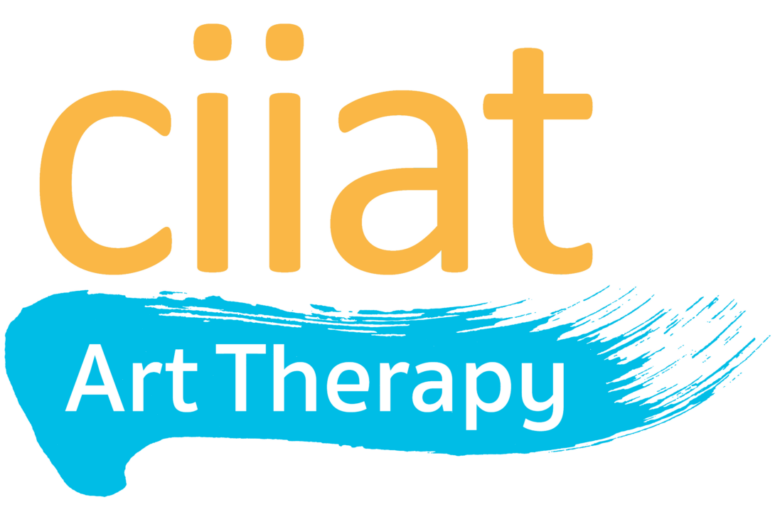

Policy #1: Academic Freedom
Academic freedom in teaching, research, and dissemination of knowledge is essential to learning. Persons engaged in teaching, research, and dissemination of knowledge are entitled to freedom in carrying out teaching and in discussing their subjects, and freedom from institutional censorship. Academic freedom carries with it the responsibility to use that freedom in a manner consistent with the scholarly obligation to base research, teaching, and the dissemination of knowledge in a search for truth. Freedom in research is fundamental to the advancement of truth.
Academic freedom involves:
- The right within the Institute to decide who shall teach, who shall be taught, and what shall be studied, taught or published.
- The right of appointment of faculty members, or admission of students, regardless of race, sex, religion, or politics.
- The rights to teach, learn, study, and speculate without deference to prescribed doctrine or threat of reprisal and discrimination.
- The right to criticize the Institute and the right to participate in its governance.
- It ensures that academic staff cannot be dismissed without just cause and rigorous due process.
Academic freedom in its teaching aspect is fundamental for the protection of the rights of the teacher in teaching and of the student to freedom in learning. It carries with it duties correlative with rights. Persons engaged in teaching, research and dissemination of knowledge are members of the community, members of a learned profession, and members of an educational institution. These circumstances impose a high order of responsibility. They require continuing effort by all such persons in scholarship and teaching, and at all times, fairness and a due regard for the evidence in making statements. Such persons have the obligation to exercise academic freedom responsibly. They should not state or imply that they speak for the Institute or any of its units unless duly authorized.
Institute teachers and clinicians are citizens, members of a learned profession, and officers of an educational institution. When they speak or write as citizens, they should be free from institutional censorship or discipline, but their special position in the community imposes special obligations. As scholars and educational officers, they should be aware that the public might judge their profession and their institution by their utterances. Hence they should at all times be accurate, should exercise appropriate restraint, should show respect for the opinions of others, and should make every effort to indicate that they are not speaking for the institution. Academic freedom also does not imply that the CiiAT community is free to disregard the respectful treatment of others policy of the institution. For more information, please refer to the Diversity, Anti-Racism, and Respectful and Fair Treatment Policy within this manual.
Studying with CiiAT is more than just an education,
it’s a personal journey within a supportive community.
Whether it’s through our small, intimate classes, or through our friendly administrative and technical support team, we strive to provide personalized help and attention.